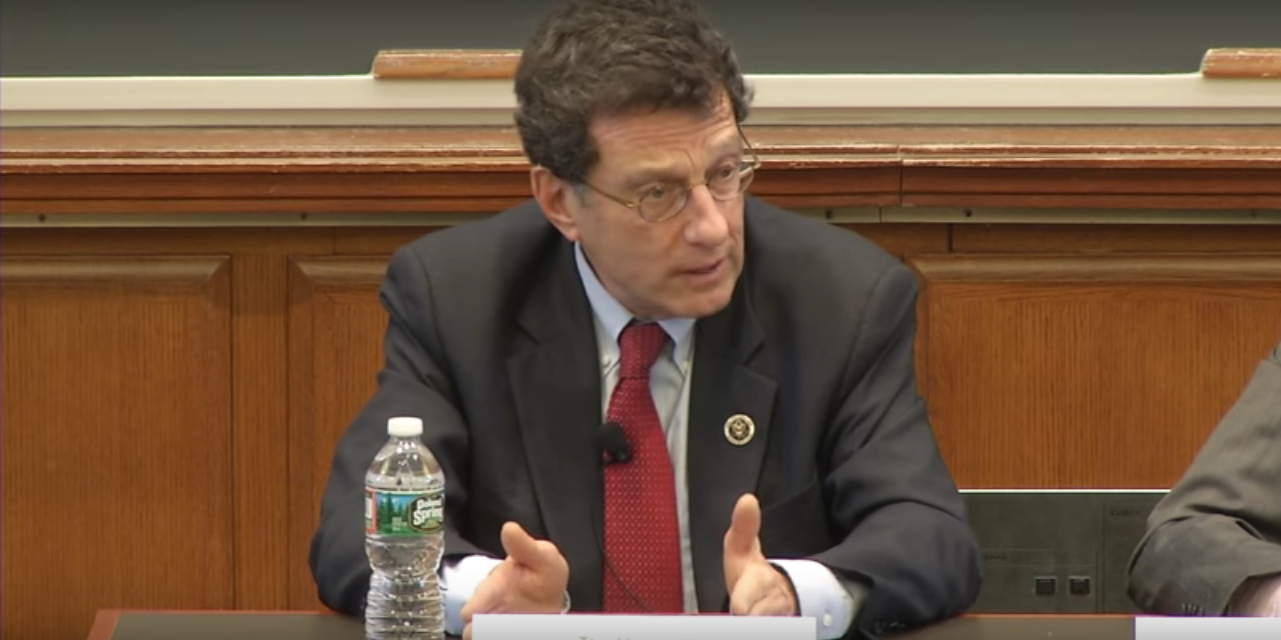CLEVELAND (Legal Newsline) – The judge overseeing nearly 2,000 opioid lawsuits must address concerns that the cases over which he is presiding are an improper power grab by plaintiffs lawyers who signed up cities and counties as clients.
On Wednesday, the U.S. Court of Appeals for the Sixth Circuit ordered Cleveland federal judge Dan Polster to respond to Ohio Attorney General Dave Yost, who feels those lawsuits are interfering with others filed by states and being heard in state court.
Lawsuits by cities, counties and other entities are consolidated in the federal multidistrict litigation, which is scheduled to begin its bellwether trial on Oct. 21. The Sixth Circuit also demanded an answer to Yost’s claims from lawyers representing the Ohio counties Cuyahoga and Summit – the bellwether plaintiffs.
“Ohio claims it has no other adequate means to obtain the relief it seeks because it cannot be forced to join or intervene in the MDL case,” the Sixth Circuit wrote.
“However, at the invitation of (Polster), Ohio and the other amici states are participating in the MDL settlement negotiations. Given this circumstance, we conclude that a response from the district court and the bellwether plaintiffs would be helpful.”
In August, Yost filed a writ of mandamus with the Sixth Circuit to attempt to halt or dismiss the bellwether trial.
He wrote the trial “would fragment the State’s claims, pose a high risk of inconsistent verdicts, result in duplicative or overlapping damages and misallocate funds in the state.”
“The counties advance claims that belong to the State in an effort to commandeer moneys that rightfully should be distributed across the state by Ohio,” the AG’s filing states. “Reworking the internal structure of a State is not the role of the Federal Courts.”
Cities, counties, states and other entities are led by the same firms that collected billions of dollars in fees from the tobacco settlement of the 1990s and are hoping for a similar result from the opioid litigation.
Some state attorneys general have supported Yost’s cause. Yost says the cities’ and counties’ lawsuits threaten “Ohio’s sovereign interest in vindicating its citizens’ rights – all of its citizens’ rights – against the various defendants who fueled the opioid epidemic in Ohio.”
“The scheduled bellwether trial undermines all this because it lets political subdivisions act as representatives of the people’s interests—and thereby appropriate remedies that belong to the State,” Yost said.
State lawsuits have so far had mixed results. Oklahoma Attorney General Hunter collected settlements, including a $270 million agreement with now-bankrupt Purdue Pharma whose funds were mostly steered to a research project at his alma mater and private lawyers working on a contingency fee.
He also won a trial against Johnson & Johnson, which was ordered to pay $572 million despite its relatively small share of the opioid market.
But state judges in North Dakota and Connecticut have dismissed state AG cases before they could reach trial.
Companies in Polster’s courtroom have complained that they’ve been pushed toward settlement, going so far as to ask Polster to recuse himself. When or if the bellwether trial begins, a jury will decide which companies are liable; Polster will then figure out who owes what.
From Legal Newsline: Reach editor John O’Brien at john.obrien@therecordinc.com.
